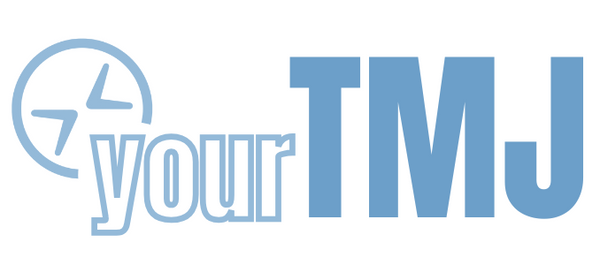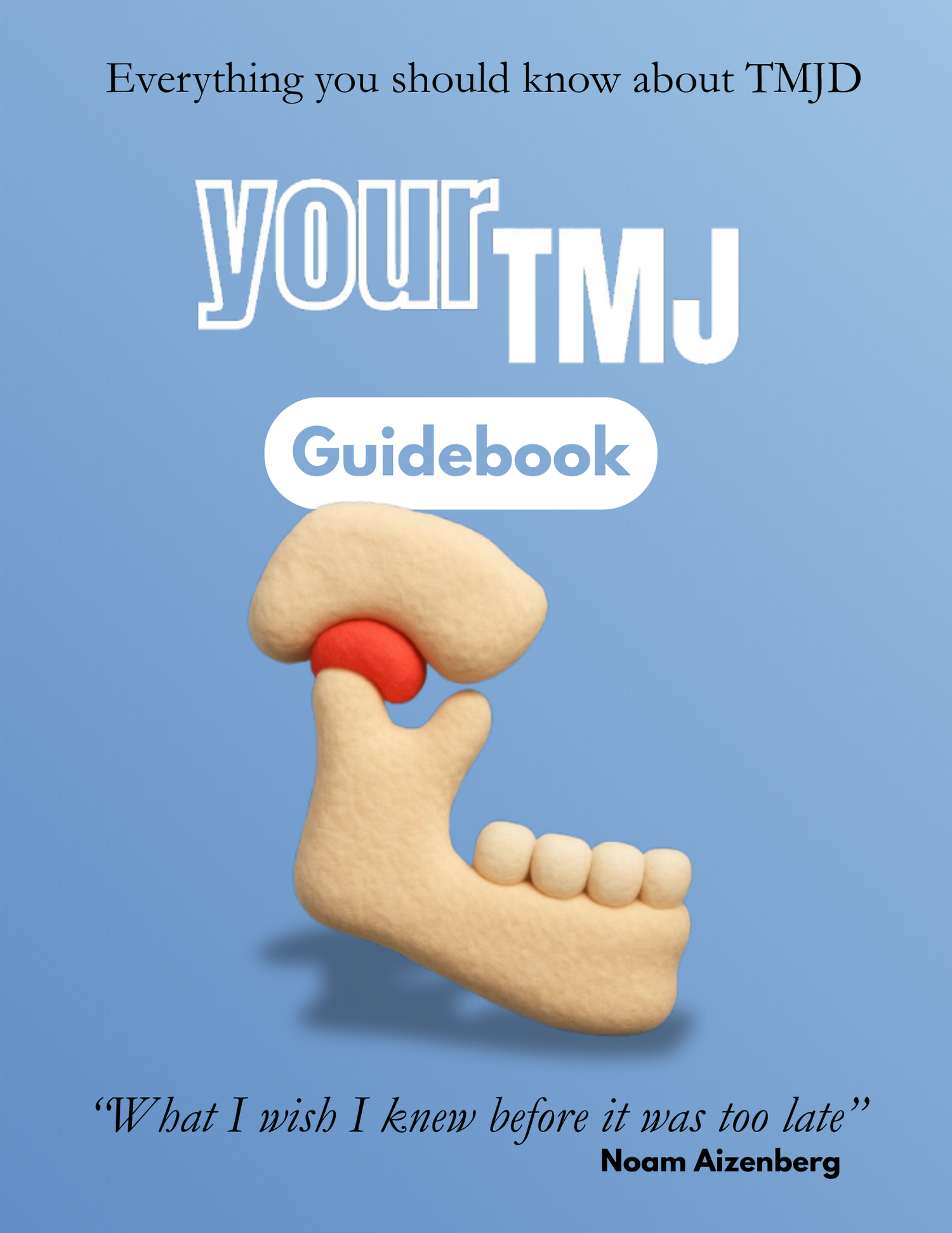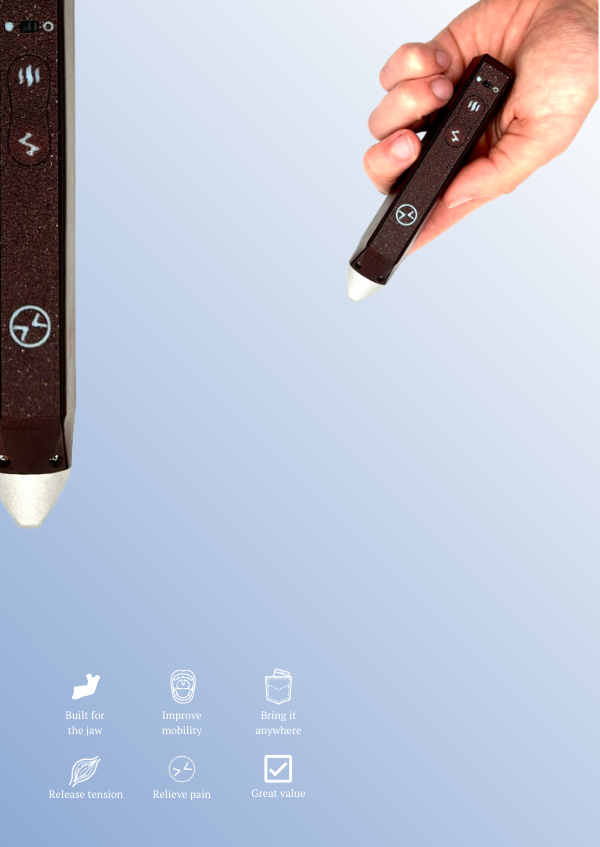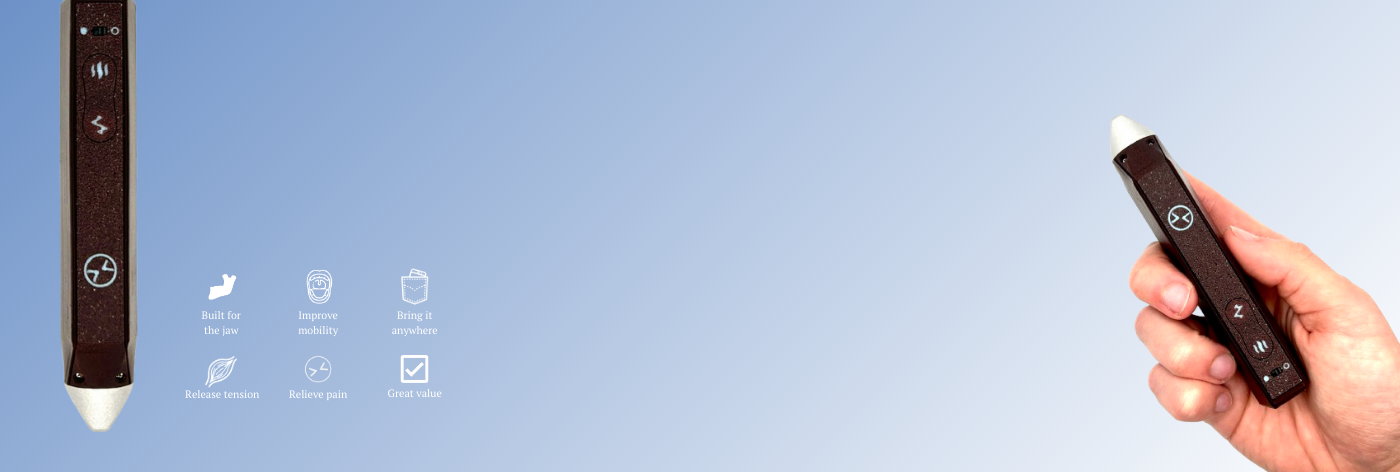Will TMJ Go Away?
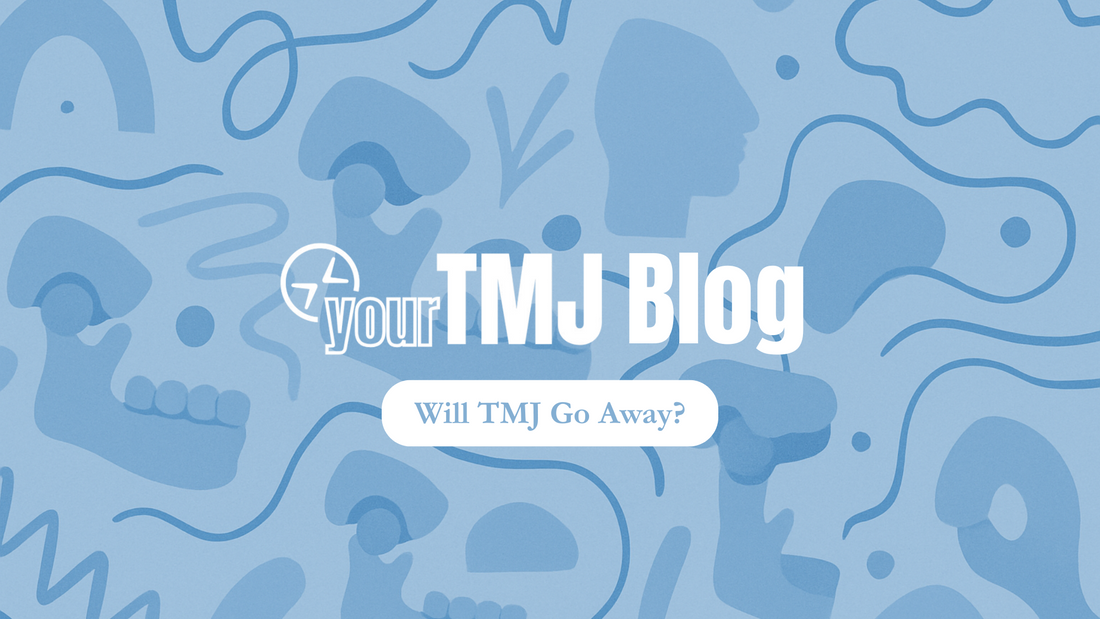
If you're dealing with TMJ disorder, you've probably asked yourself at some point: will TMJ go away? It's a fair question, and the answer is complicated, to put it mildly. TMJ, or Temporomandibular Joint Disorder, is notoriously tricky—primarily because it's not just one straightforward issue. It’s part of a complex network involving your jaw joints, muscles, ligaments, nerves, and even your teeth alignment and posture. So, let’s unpack this question and give you the honest, no-nonsense answer you're looking for.
This blog will discuss what factors determine whether your TMJ disorder resolves on its own, and when it’s likely you’ll need to take active steps to fix it. Because here's the thing: TMJ isn't something that can usually be fully explained or resolved in a quick five-minute article. That's why, at the end of this post, you'll find a free 76-page guidebook I've written, filled with evidence-backed explanations, detailed root cause analyses, home physical therapy exercises, and practical treatments you can start immediately.
Can TMJ Disorder Resolve on Its Own?
Let’s get right to it: yes, sometimes TMJ disorder can resolve on its own. In fact, research indicates that over 90% of TMJ cases either resolve naturally or with conservative treatments. That’s reassuring news. But—and this is a big but—whether or not your TMJ goes away largely depends on the underlying causes and your specific symptoms.
For many people, mild TMJ symptoms, such as occasional jaw clicking or transient muscle tension, may appear briefly during periods of stress or after minor jaw strain, and then fade without intervention. However, for those with persistent, chronic symptoms—like daily jaw pain, persistent clicking, lockjaw, and muscle tension—the outlook isn't quite as rosy without intervention.
When TMJ Likely Won't Go Away on Its Own
Persistent or chronic TMJ symptoms often indicate deeper issues. These may include structural problems like a displaced or damaged articular disc, muscle imbalances, poor posture, or even chronic stress-related habits like teeth clenching or grinding (bruxism). If these underlying causes aren't addressed, symptoms typically persist or even worsen over time.
Let's talk about clicking or popping, for instance. If your jaw clicks consistently due to an anterior disc displacement with reduction—where your jaw disc pops in and out of place—it may seem benign at first. But over time, this condition can degrade further. Without addressing the underlying posture or jaw positioning issues, your condition may evolve into a disc displacement without reduction, which is more painful and limits jaw movement significantly.
Similarly, muscle-related TMJ pain—often felt as tension headaches, facial pain, or persistent jaw aches—won't simply fade without addressing the factors causing your muscles to remain in chronic tension. Common culprits include stress, poor posture, and bite misalignment.
What You Can Do Right Now
The good news is that, even when TMJ doesn't go away on its own, conservative and proactive interventions are highly effective. Simple practices such as improving your jaw and head posture, adopting daily jaw relaxation exercises, and implementing heat therapy can significantly reduce symptoms. Additionally, targeted physical therapy exercises aimed at rebalancing jaw muscles can provide meaningful relief and prevent symptom progression.
When to Consider Professional Help
If you've been experiencing chronic TMJ symptoms for more than a few weeks without improvement, it’s crucial to seek professional evaluation. A qualified TMJ specialist can help you pinpoint your specific underlying causes through comprehensive diagnostics like CBCT scans or MRIs. Understanding the precise issues at play—whether it's joint inflammation, muscular imbalance, or structural degeneration—is essential to effective treatment.
Taking Control: Next Steps
If you genuinely want to understand your TMJ disorder deeply and effectively manage or even fully resolve your symptoms, you'll benefit immensely from the free 76-page guidebook I've written. This guidebook is crafted specifically to provide evidence-based insights, detailed explanations of potential root causes, and practical, actionable steps you can take starting today to treat your TMJ at home.
Remember, TMJ disorder doesn't have to control your life. With the right knowledge and actions, relief and recovery are absolutely within your reach. Click below to download your guide and take the first step toward lasting relief.
